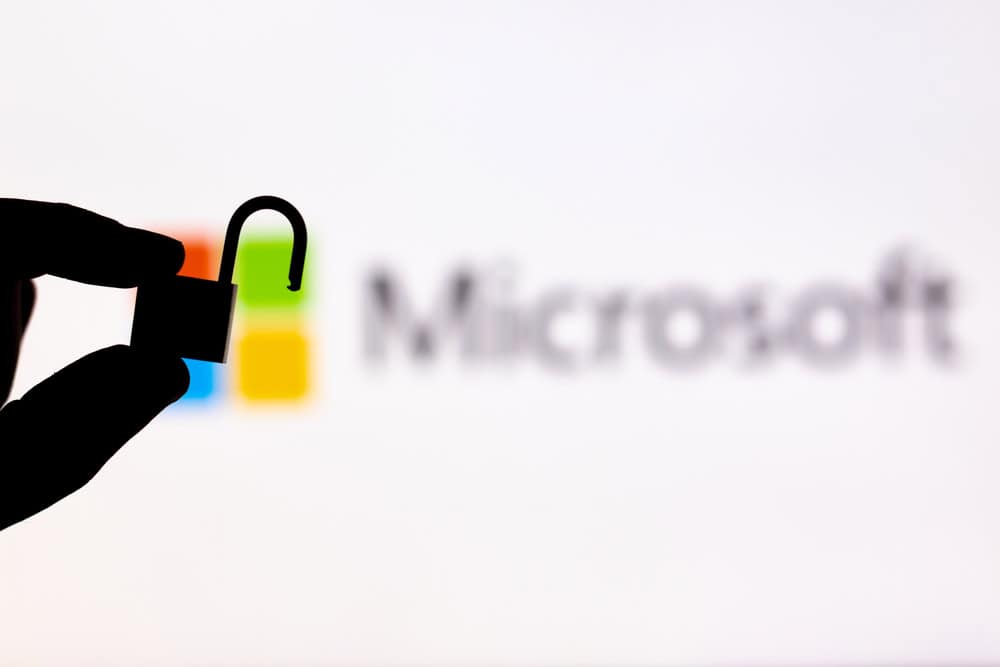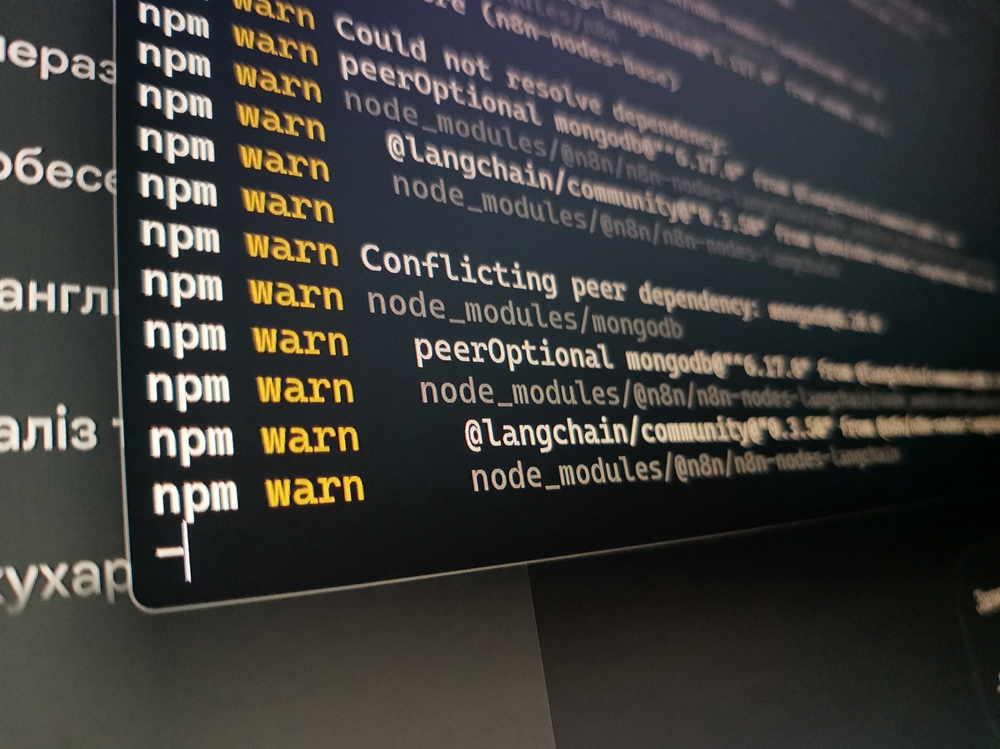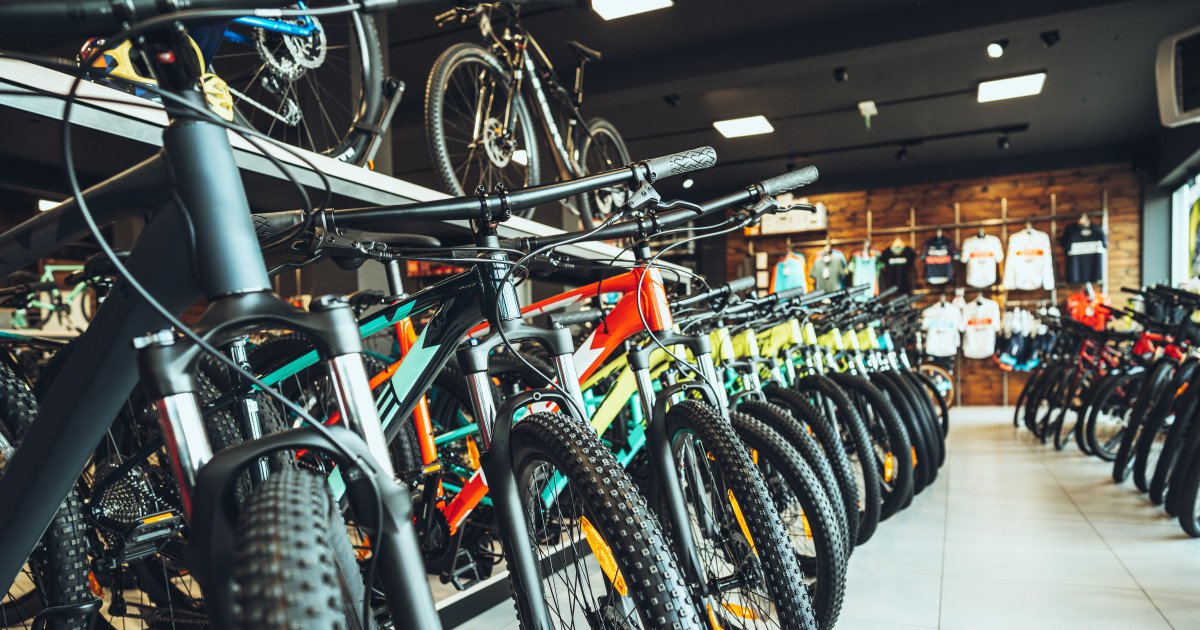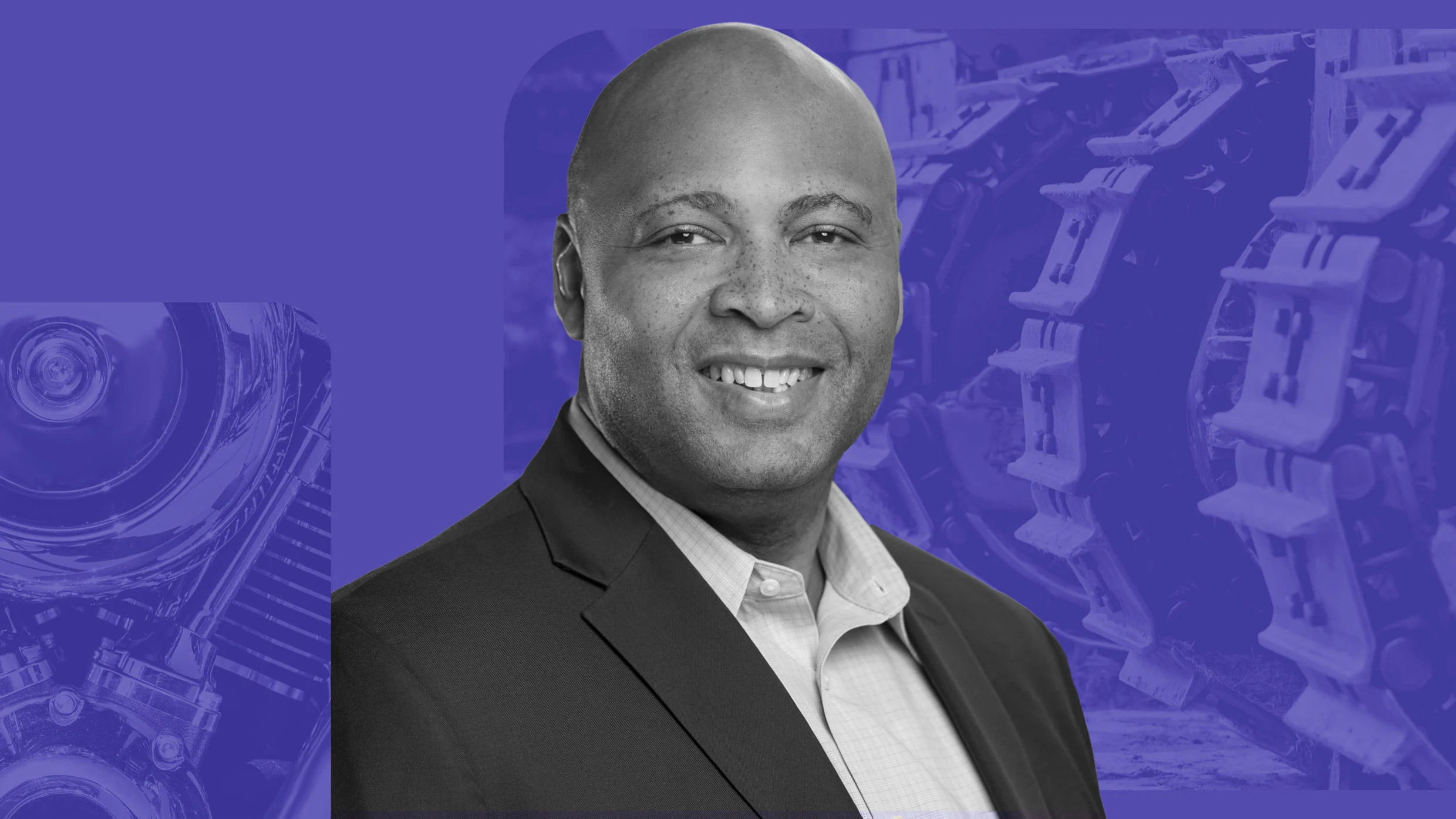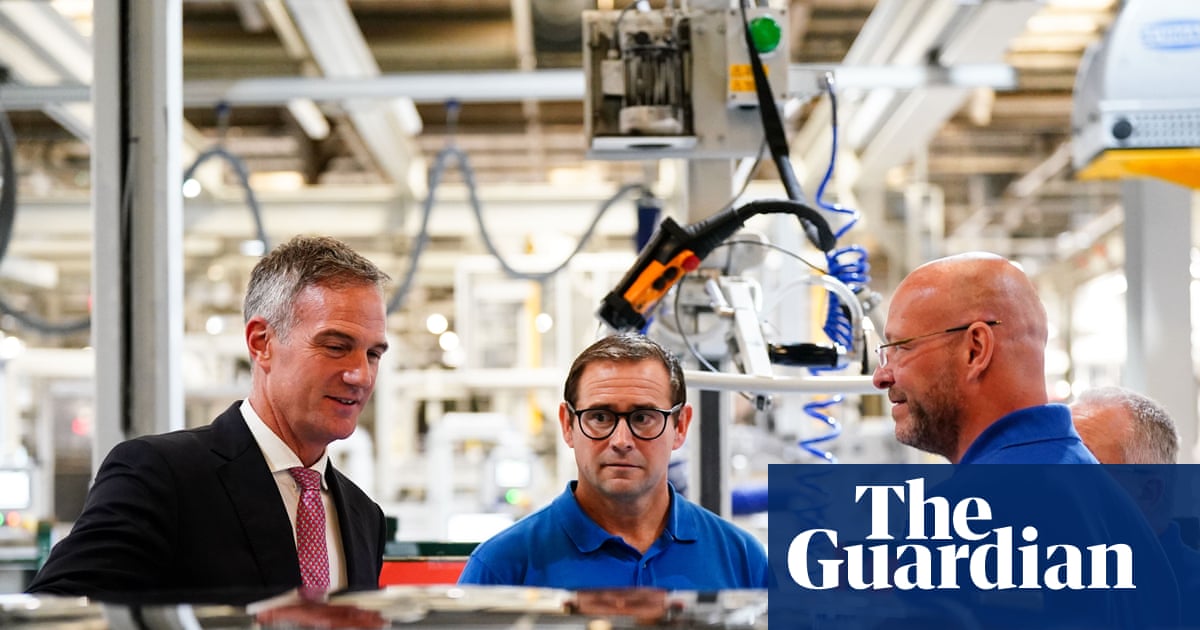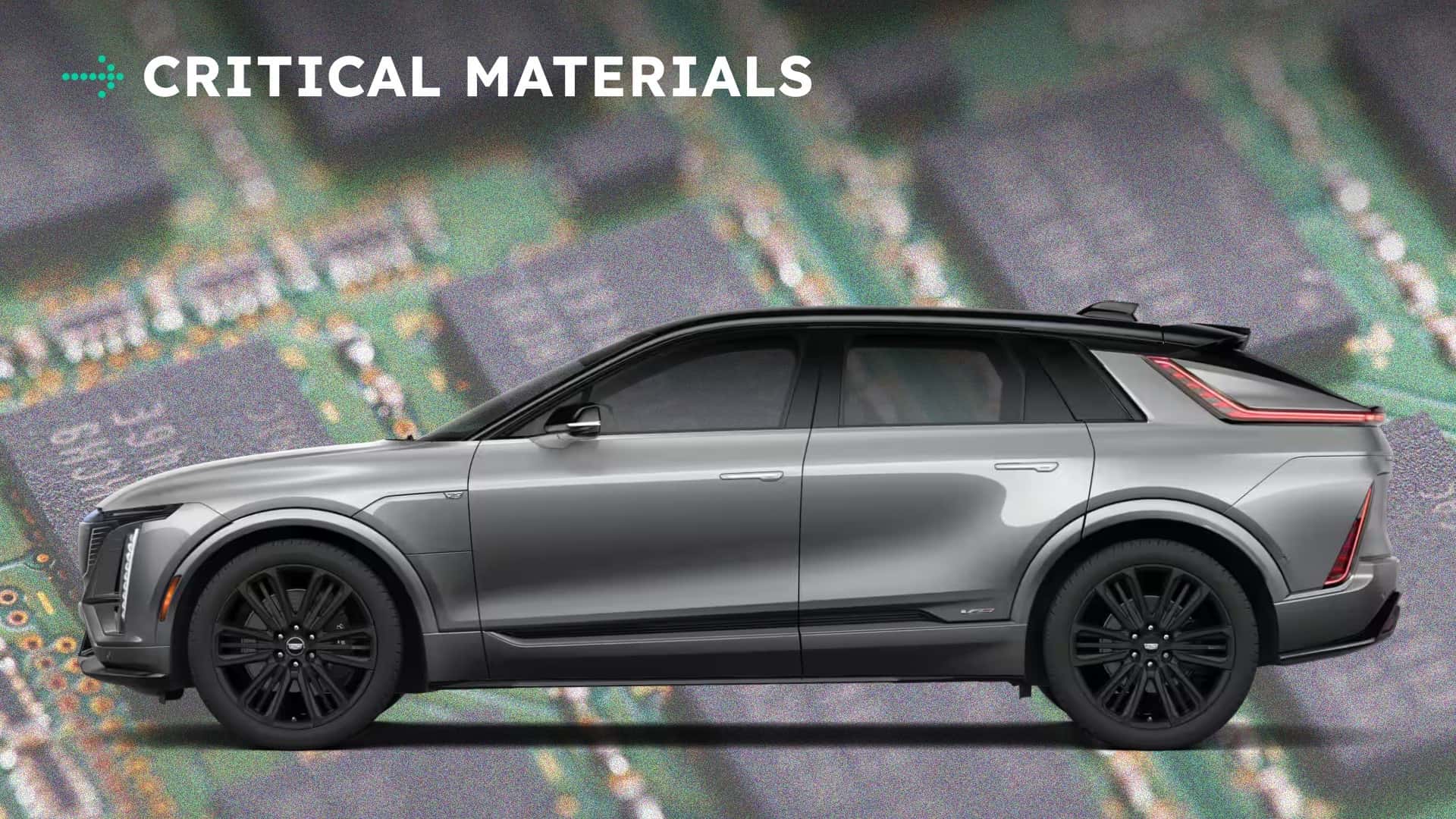fromwww.aljazeera.com
1 day agoMexico's aerospace sector is growing. Will it be undercut in USMCA review?
In April, Mexican President Claudia Sheinbaum announced the country's aerospace industry could see sustained annual growth of as much as 15 percent over the next four years, and attributed the sector's expansion to a robust local manufacturing workforce, increasing exports, and a strong presence of foreign companies. Mexico is striving to become one of the top 10 countries in aerospace production value, a goal outlined in Plan Mexico, the country's strategic initiative to enhance global competitiveness in key sectors.
US politics
